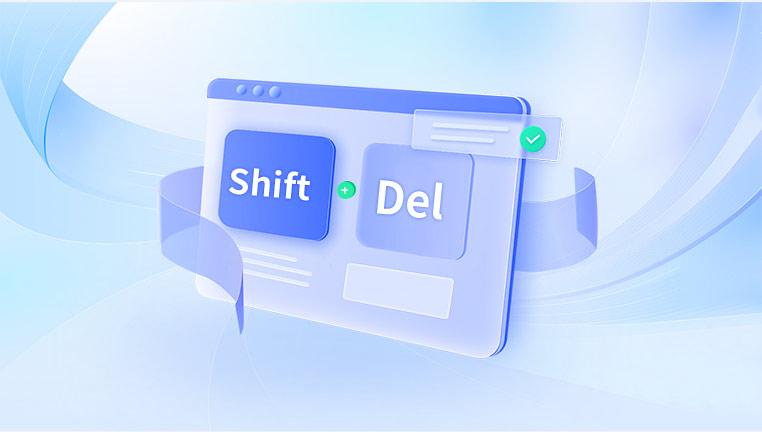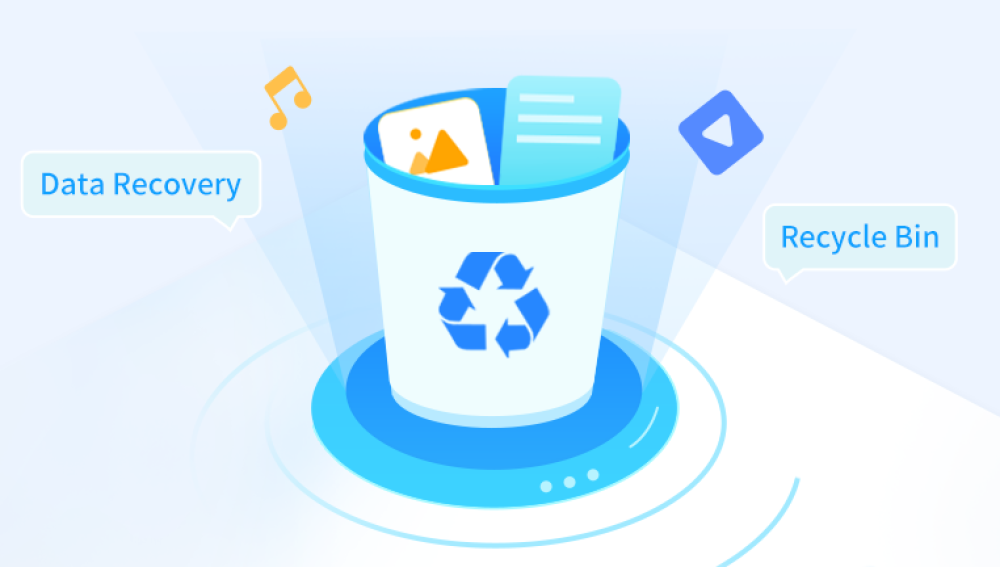Data recovery is a crucial service for individuals and businesses who have experienced data loss due to hardware failures, accidental deletions, or other issues. However, the cost of data recovery services can vary significantly depending on a range of factors. This detailed guide will explore the factors affecting data recovery service prices, typical costs, and how to choose the right service provider for your needs.
Factors Affecting Data Recovery Costs
Type of Data Loss
Logical Failures: These involve issues such as accidental deletion, file corruption, or formatting errors. Logical recoveries are generally less expensive because they do not require extensive physical repairs.
Physical Failures: These occur when there's physical damage to the storage device, such as a hard drive crash or a damaged SSD. Physical recoveries are more complex and costly due to the need for specialized equipment and cleanroom environments.
Storage Device Type
Hard Disk Drives (HDDs): Traditional spinning hard drives can range in complexity. Recovery costs for HDDs are typically lower compared to SSDs, unless there is significant physical damage.
Solid-State Drives (SSDs): SSDs have a different architecture and data recovery from these devices can be more challenging and costly.
RAID Arrays: Data recovery from RAID arrays involves complex procedures, especially if the array has multiple drives or if the RAID configuration is not known. Costs can be significantly higher due to the complexity involved.
Extent of Damage
Minor Damage: If the damage is minor, such as a single corrupted file or a simple formatting error, recovery might be relatively inexpensive.
Severe Damage: Extensive physical damage, like a drive that has suffered a head crash or water damage, requires more intensive repair and recovery efforts, leading to higher costs.
Data Recovery Service Provider
Reputation and Expertise: Highly reputable and experienced data recovery firms may charge more due to their expertise, advanced technology, and high success rates.
Location: Prices can vary depending on geographical location. Services in major metropolitan areas might be more expensive due to higher operational costs.
Turnaround Time
Standard Service: Standard recovery services, which might take a few days or weeks, are generally less expensive.
Emergency Service: Expedited services that promise recovery within hours or a day usually come at a premium.
Data Volume
Small Amounts of Data: Recovering a few gigabytes or a small number of files typically costs less.
Large Amounts of Data: Recovering terabytes of data or entire system backups can significantly increase the cost.
Typical Data Recovery Costs
Basic Recovery (Logical Issues):
Price Range: $100 - $500
Description: Includes simple recoveries like accidentally deleted files or formatted drives. Often involves standard software-based recovery methods.
Moderate Recovery (Physical Damage or Complex Logical Issues):
Price Range: $500 - $1.500
Description: Includes cases where the drive has mechanical issues, moderate physical damage, or complex logical errors. This typically involves more advanced techniques and equipment.
Advanced Recovery (Severe Physical Damage or RAID Arrays):
Price Range: $1.500 - $3.000+
Description: Covers severe physical damage, such as head crashes, water damage, or recovery from RAID arrays. These cases require specialized equipment and facilities.
Choosing the Right Data Recovery Service Provider
Evaluate Reputation
Look for companies with positive customer reviews and a track record of successful recoveries. Check for industry certifications and affiliations.
Understand the Process
Ensure that the provider explains the recovery process, including diagnostics, costs, and potential outcomes. A transparent process can help avoid unexpected charges.
Check for No Data, No Fee Policies
Many reputable data recovery services offer a "no data, no fee" policy, meaning you only pay if the recovery is successful. This can help mitigate the risk of paying for unsuccessful attempts.
Compare Quotes
Obtain quotes from multiple providers and compare their services, turnaround times, and costs. Be wary of extremely low prices, which may indicate subpar service or hidden fees.
Consider Data Security
Ensure that the data recovery provider has robust data security measures in place to protect your sensitive information during the recovery process.





